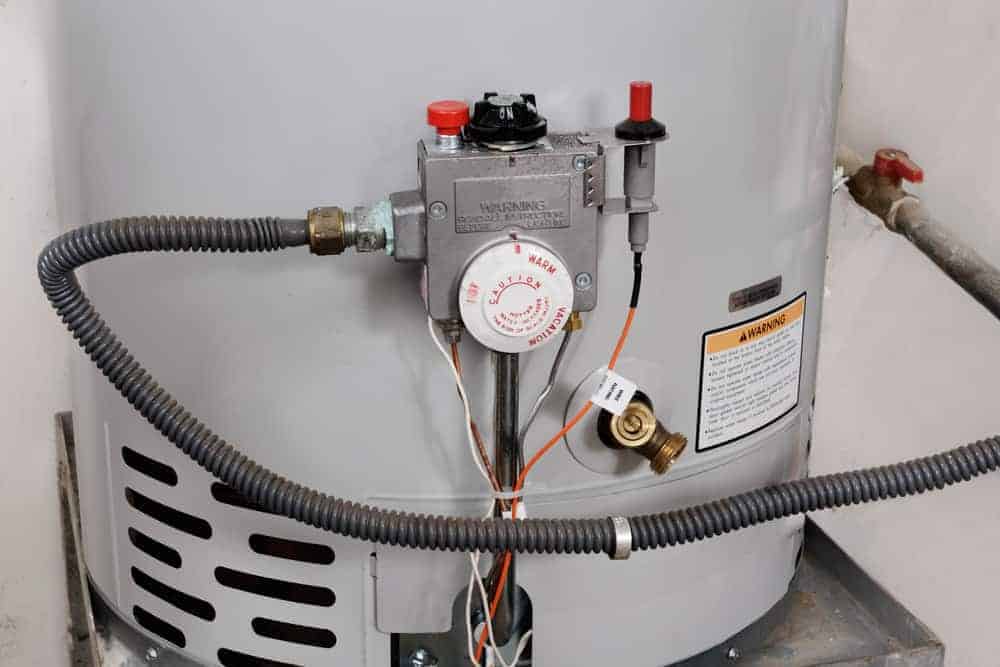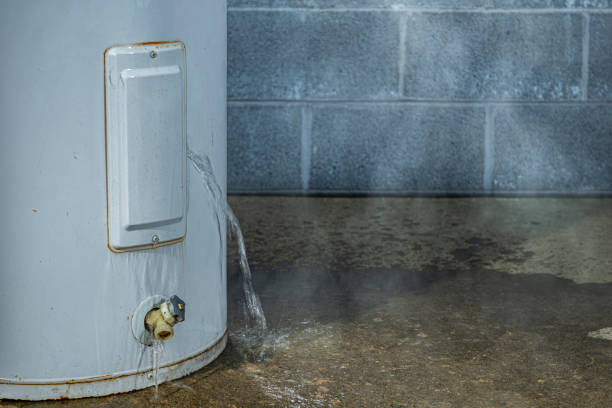Key Actions for Residential Property Owners When Faulty Water Heaters
Key Actions for Residential Property Owners When Faulty Water Heaters
Blog Article
What are your ideas regarding Water Heater Burst?

Whether it is located in the basement or a different area, busted hot water heater can create anxiety. A typical unit holds 80 gallons, so an overnight leakage will certainly cause a flood. This causes significant residential property damages with drenched walls and also floorings. Besides, having no warm water supply is likewise troublesome. If you are dealing with these issues, bear in mind of the following:
Call the Plumber
After doing the very first two safety and security actions, you need to call your plumber to come right away to deal with a fractured water heating system. There are typically indications that your aging water heating unit has sediment accumulation in the interior.
Do not await major flooding to call the plumber. By then, you will need to invest more to recover your building. Rather, as soon as you find these indications, have a professional involved examine your hot water heater storage tank. Commonly, water heaters have a life-span of about 8 to 12 years. With normal inspection and upkeep, you can lengthen its life.
Cut Off the Cold Water Supply
Cut off the tanks tap water supply from the source. This goes from your primary water line right into the storage tank. When your container remains in good condition, the cold water stops filling out when the storage tank is full. Yet given that it is dripping, the water will certainly continue to move. Close the valve found at the top of the heating unit. Turn this clockwise to close it off. If you can not discover it or reach it, you should switch off that main supply of water line outside your residential or commercial property.
Shut Down Source Of Power
Prior to calling the plumber, shut off a gas water heater by turning the temperature level dial. This is normally located at the top of the thermostat. If you have a version that operates on electric power, turn off the breaker. This will certainly avoid electrocution, especially if there is a leak as water is a conductor. Commonly, the burner shuts off when the water strikes a particular temperature level. Yet with a broken storage tank, it might malfunction. Cutting it off ensures you stay risk-free.
Tidy up Residential or commercial property
After calling the plumber, record damages by taking notes and also images so you can declare your home owner's insurance policy. Get rid of any kind of standing water to stop mold and also mildew growth. If you have a completely submersible water pump, utilize that to drain the water.
Bear in mind, if you discover any kind of issues with your hot water heater, call the pros right away. You can not take this issue gently due to the fact that a faulty thermostat can increase water temperature to a hazardously high level, causing accidental burns. A damaged heater pressure relief valve can additionally cause an explosion. For best results, obtain an annual check so your unit gets inspected, cleansed, drained, and also re-filled, assuring optimal performance.
After doing the first two security actions, you need to call your plumber to come right away to fix a fractured water heating unit. Instead, as quickly as you find these signs, have actually a specialist come to inspect your water heater storage tank. Before calling the plumber, closed off a gas water heating unit by transforming the temperature level dial. If you have a submersible water pump, use that to drain pipes the water. Remember, if you see any kind of problems with your water heater, call the pros right away.
MY WATER HEATER BURST – WHAT DO I DO?
WHAT ARE THE SIGNS OF A BROKEN WATER HEATER?
When the water heater ruptures and floods your home, you know you’re in trouble. More often, the unit develops signs of trouble that aren’t as dramatic. These are some of the most common signs that your water heater is about to become a serious homeowner’s headache.
LEAKING
Leaking pipe connections and water pooling under the tank are sure indicators of water heater failure. Leaking is relatively common in tanks that are 6 or more years old.
CORROSION
If you find that you’re having to manually adjust your tank to higher temperatures, corrosion may be an issue. When it affects the valves, it becomes impossible for the hot water tank to produce hot water automatically.
FUNKY WATER
Rusty water coming from hot water taps is often caused by aging pipes in the unit. At the same time, water that is too hot or not hot enough indicates a malfunctioning thermostat or other part.
ODD NOISES
Rumbling, banging or popping sounds are usually signs of sediment buildup in the tank. Have these noises checked immediately to prevent further damage to the tank.
DETERIORATION
Deterioration happens when sediment sits on the bottom of the tank for too long, eventually causing the tank to rust and wear down, causing leaking, corrosion, and a broken water heater.
https://www.servicemasterbyzaba.com/blog/what-to-do-when-water-heater-breaks/

I'm very fascinated by Maintaining & Draining a Water Heater and I am assuming you appreciated our blog post. Sharing is nice. Helping people is fun. Thanks for your time invested reading it.
Expert hands available. Report this page